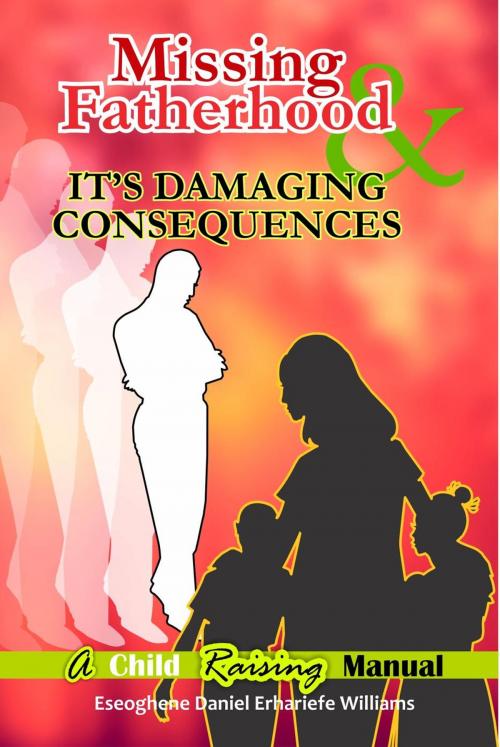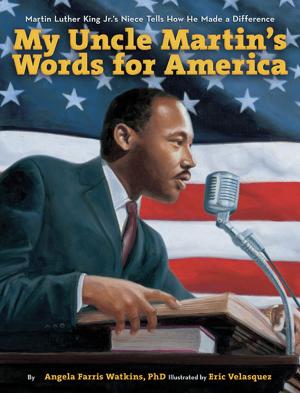Missing Fatherhood & It's Damaging Consequences
Nonfiction, Family & Relationships, Parenting, Fatherhood, Family Relationships, Motherhood, Kids, My Family, My Feelings, My Friends| Author: | Eseoghene Daniel Erhariefe Williams | ISBN: | 9781533735072 |
| Publisher: | Aube Nouvelle | Publication: | August 15, 2016 |
| Imprint: | Language: | English |
| Author: | Eseoghene Daniel Erhariefe Williams |
| ISBN: | 9781533735072 |
| Publisher: | Aube Nouvelle |
| Publication: | August 15, 2016 |
| Imprint: | |
| Language: | English |
A Child Raising Manual. A permissive society as we have it in many parts of the world today seem to be confused about what exactly should constitute a family or what should be the legitimate right of a young child brought into the world by a consenting man and woman. In the midst of this confusion these young innocent children are systematically denied of their basic right to basic fatherly care and sometimes even motherly care.
It is very surprising that most of the human right organizations across the world have not seen enough reasons to put up a good fight against those who consistently deny infants and young children their basic right to fatherly care. There is no gainsaying that such a fight for the right of the infants and young people may not be lucrative after all. This is because very few people recognize the issue of basic fatherly care as a legitimate right of the young child.
Unfortunately, the neglect of this basic right of the young child to fatherly care has left the society more deprived of psychologically balanced, cultured, morally upright and well behaved children and by extension young adults. Today the society is worse for it because it now has to deal with all forms of vices prevalent among the young adults in the society. Some of those vices would have been preventable if fatherly care had been given at the formative years of the young person. Those most important formative years are the ages between 0 – 7 years, give or take. No wonder it is generally known that to form a child is easier than to reform an adult.
This work; Missing fatherhood and its damaging consequences, addresses this issue of the basic or if you like, the fundamental right of the young child to receive fatherly care, especially from the child’s biological father or when not possible, from a ready willing and able foster father. This work went further to highlight strongly the duties a father has towards his children over and above working hard to pick the bills in the family.
A Child Raising Manual. A permissive society as we have it in many parts of the world today seem to be confused about what exactly should constitute a family or what should be the legitimate right of a young child brought into the world by a consenting man and woman. In the midst of this confusion these young innocent children are systematically denied of their basic right to basic fatherly care and sometimes even motherly care.
It is very surprising that most of the human right organizations across the world have not seen enough reasons to put up a good fight against those who consistently deny infants and young children their basic right to fatherly care. There is no gainsaying that such a fight for the right of the infants and young people may not be lucrative after all. This is because very few people recognize the issue of basic fatherly care as a legitimate right of the young child.
Unfortunately, the neglect of this basic right of the young child to fatherly care has left the society more deprived of psychologically balanced, cultured, morally upright and well behaved children and by extension young adults. Today the society is worse for it because it now has to deal with all forms of vices prevalent among the young adults in the society. Some of those vices would have been preventable if fatherly care had been given at the formative years of the young person. Those most important formative years are the ages between 0 – 7 years, give or take. No wonder it is generally known that to form a child is easier than to reform an adult.
This work; Missing fatherhood and its damaging consequences, addresses this issue of the basic or if you like, the fundamental right of the young child to receive fatherly care, especially from the child’s biological father or when not possible, from a ready willing and able foster father. This work went further to highlight strongly the duties a father has towards his children over and above working hard to pick the bills in the family.















